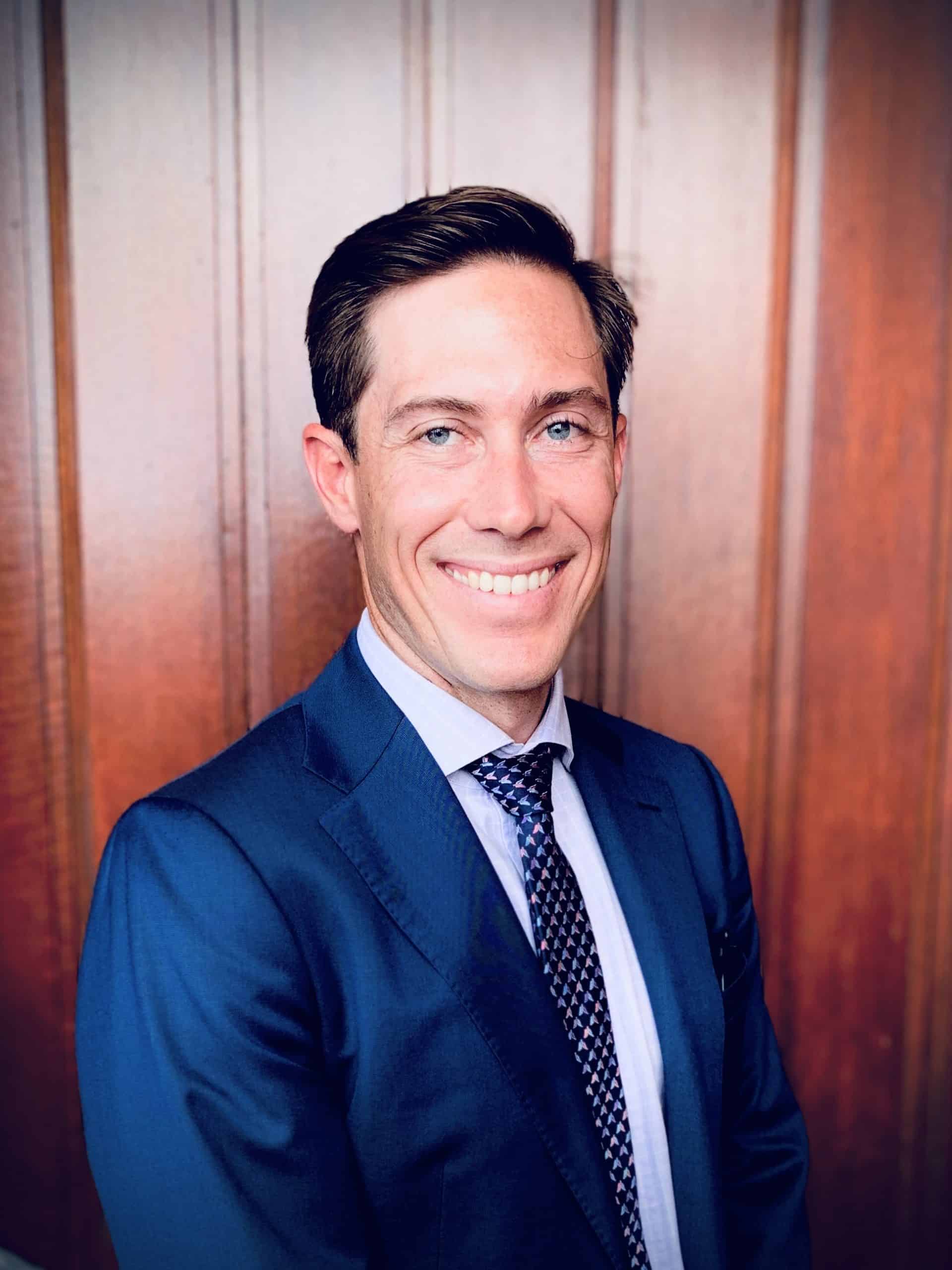ABOUT US
Discover who is behind Luck Financial Group.
Luck Financial Group was started because too many people told us they weren’t able to get the advice they needed. Or they thought it would be too expensive and someone would simply sell them a product.
We don’t push products and our service is based on a fixed fee. This enables us to provide completely objective financial advice, which gives you peace of mind that you deserve.
We also prefer personalised holistic advice because one size does not fit all. Time and time again, we’ve seen this type of advice always achieves a better outcome for our clients.

Director and Principal Adviser
Bsc. Econ & Comm, Ms Fin. Planning
Michael Luck has over eight years of experience in helping clients across Australia through financial planning.
Before starting Luck Financial Group, Michael provided financial advice at Elders Financial Planning, BT Financial Advisory, Plenitude Financial Services and Future Assist, where he was named the 2013 Advisor of the Year. In addition, Mike is also an active member of the BNI community.
When he’s not helping clients with their money, you can find Mike surfing, playing golf and refuelling with spaghetti bolognese. He lives on the Gold Coast with his wife and their crazy dog, Pepper.
Linkedin Profile
FAQ
We can Answer Your Questions
If you are expecting a life event like buying a home, earning a different level of income, starting a family, retiring or you just feel like you need some support and guidance with your money then now is the time. There’s no harm in speaking with a financial adviser. We’re more than happy to have a chat and see whether or not we can help you reach your objectives.
We operate on a fixed fee basis. The fee for an individual to receive advice is $3,500 upfront. This fee represents advice that will cover superannuation recommendations, personal protection strategies and estate planning issues.
For a couple, the fee is $4,500 for the same subject matters. Should a client wish to receive advice on other specialist areas such as SMSF, retirement planning or on specific subject matters their fee would be provided as a tailored plan.
An accountant is reporting on your past 12 months activities. This is factual based information such as balance sheets, financial statements and tax liabilities. A financial adviser utilises the above information and discusses ideas and strategies to achieve what you want in the future.
Why doesn’t an accountant do this?
The above conversation often leads to investment, cash flow management and other areas which an accountant does not have the expertise to advise on. Accountants are generally experts at reporting and tax administration. Financial advisers are experts at interpreting your data and helping you maximise your wealth. Advisors focus on future strategies and help implement them.
One of the most common questions I get is, “Why wouldn’t my accountant want to do all of this given I already work with them? Why wouldn’t they gain the knowledge needed to help me and other clients?” Sometimes an accountant will often be a licensed financial adviser. The reason why most aren’t is because of the arduous amount of compliance, education and technical knowledge required to cover both professions.
At the end of the day it is likely to not be profitable for an accountant to take on the role of a financial adviser and vice versa. Utilising economies of scale allows these two professions to operate more efficiently. This is why it’s often best to work with an accountant and a financial advisor. Clients can greatly benefit from the expertise of both professionals and their personalised holistic advice.
No. If a client requests ad hoc advice instead of taking on an ongoing advice arrangement there is a fee as per the information provided above. However, there is no transaction fee for the purchase of investments or insurance paperwork.
This is the only way we can provide advice. If we recommend a strategy for a client that is with the intention of Luck Financial Group implementing that strategy for the client unless product manufacturers restrict this (e.g. industry super fund.) The pricing above entails the implementation of a strategy.
A statement of advice (SOA) can seem like a long comprehensive process and document to review, however it is mandatory your advice places you in a better position than your current standing. Therefore this requires thorough analysis of your circumstances and objectives, which in the end provides high value for you.
It’s important to note your advice can also be segmented on areas you choose. An SOA details your current information that is applicable to the advice along with the recommendations being made, There is information to back up the recommendations and alternative strategies. This ensures you have access to the entire advice process in the form of one document. Basically, your advice is captured in one document for reference at any date in time.
Yes. If a client wishes to obtain ongoing advice, the ongoing fee arrangement is determined by the strategy and client’s expectations of service. This is a tailored plan for each client and is often more cost effective than the upfront advice fee. We will always tell you if an ongoing advice fee may not be necessary for you and your objectives.
TESTIMONIALS
What they have to say
Our most valued reward is helping you achieve your goals, and then helping your family and friends achieve their goals too.
Lets our clients speak for us.



OUR PROCESS
This is How We Work
Before we give you any advice, we prefer to look at your overall situation with a wider lens. This ensures our recommendations are in your best interest and allows us to focus on what is important to you.
Below is a quick review of what it’s like to work with Luck Financial Group.